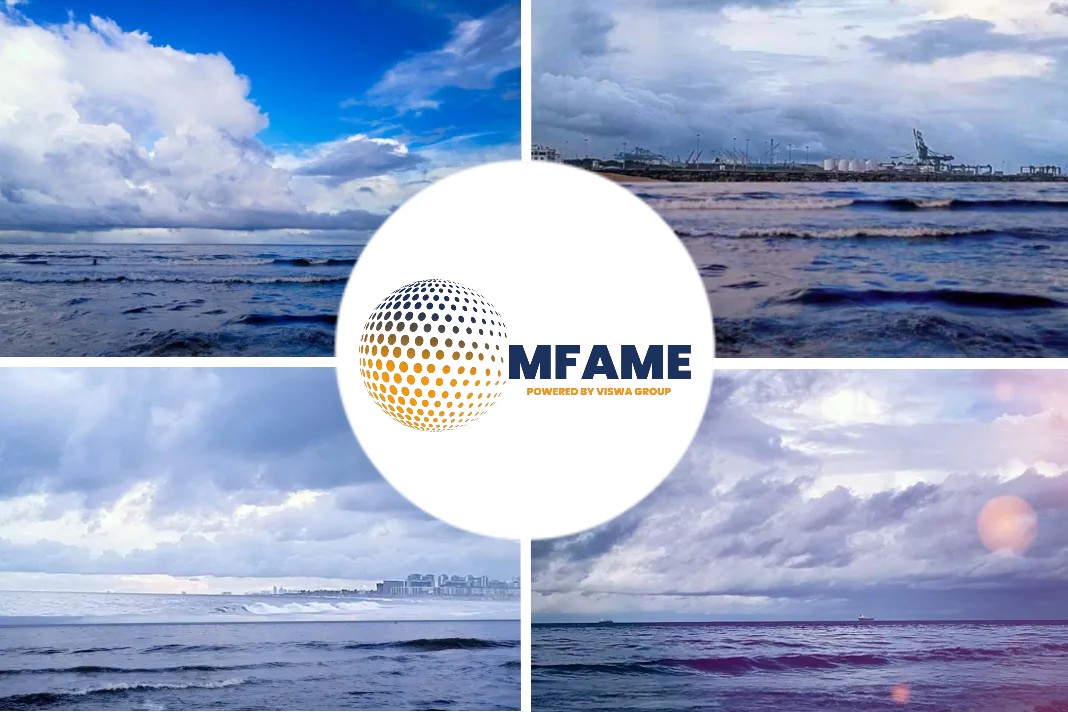- Liquefied natural gas (LNG) may be the next commodity on China’s hit list.
- It won’t buy LNG from Australia, even as more signs emerge that the costs of Beijing’s ban on importing Australian coal are mounting.
According to an article published in Reuters, Liquefied natural gas (LNG) may be the next commodity on China’s hit list of what it won’t buy from Australia, even as more signs emerge that the costs of Beijing’s ban on importing Australian coal are mounting.
Australian Commodities Ban in China
The political dispute between China and Australia has already led to various unofficial bans and tariff actions against Australian commodities and products, including barley, copper ores, wine, lobsters and some meat products.
Up to now, the biggest commodity affected has been coal, with Australian cargoes effectively locked out of what was one of their biggest markets for almost a year.
Imports & Exports
Australia is the world’s largest exporter of coking coal used to make steel, and second behind Indonesia in thermal coal for power generation. China is the world’s biggest coal importer, miner and consumer.
So far, Beijing hasn’t taken action against LNG and iron ore, it’s two most valuable commodity imports from Australia.
Disruption Factors
China last week suspended a formal economic dialogue mechanism with Australia, the latest action in the dispute that started with a range of disagreements on political and trade issues, including a call by Australia for an investigation into the origin of the coronavirus pandemic.
China remains heavily dependent on Australian iron ore, which accounts for about 70% of China’s imports, and any disruption to this trade would likely have a rapid and severe impact in the crucial steel sector in the world’s second-biggest economy.
Bloomberg’s Report
But there is some concern that China may be taking some early action against LNG imports from Australia, with Bloomberg reporting on Monday that smaller LNG buyers in China have been told to avoid taking Australian cargoes.
The unofficial ban only extends to second-tier LNG importers, not the state-owned majors who account for almost 90% of China’s imports, Bloomberg reported.
China’s Calculated Risks
It may be the case that authorities in Beijing are taking a calculated risk that they can afford to cut some purchases of Australian LNG as there are numerous other suppliers that can fill the gap, including the United States and Qatar.
But it would also appear that a similar calculation on coal may have backfired, with China struggling to source sufficient imports and having to pay more for what it can get, leading to a squeeze on domestic supplies and prices.
Import Data Drop
China’s coal imports were 21.73 million tonnes in April, according to customs data, down 20.5% from March’s 27.33 million and 29.8% below the level from April last year.
In the first four months of the year, China has imported 90.13 million tonnes, a drop of 28.8% from the same period last year.
Replacing Supplies
Chinese traders have attempted to replace lost Australian cargoes with supplies from Indonesia and Russia but with limited success and higher costs.
The weekly price for low-grade Indonesian thermal coal with an energy value of 4,200 kilocalories per kilogram (kcal/kg) , as assessed by commodity price reporting agency Argus, rose to a 10-year high of $53.64 a tonne in the week to May 7.
Demand Recovery
This grade of coal is now up 137% since the 2020 low of $22.63 a tonne in September, which likely reflects a recovery in demand as Asian economies start to reopen in the wake of the coronavirus pandemic, but also increased Chinese buying.
Argus Data
Russian coal with an energy value of 5,500 kcal/kg was being offered last week at about $115 a tonne for June delivery to south China, according to Argus, up from $110 the previous week.
In contrast, Australian supplies with the same energy value were last week being offered free-on-board at Newcastle port for $55.22 a tonne, according to Argus.
China’s Pay Investment
Even allowing for shipping and charges, this means Australian coal is being sold at roughly half the price of similar Russian coal going to China.
It is not only imported coal that is costing China more, with domestic prices increasing as well.
Thermal Coal’s Level
Thermal coal at the northern port of Qinhuangdao rose to a four-month high of 893 yuan ($139.31) a tonne on Monday, and it has rallied 91% since its 2020 low of 467 yuan in May last year.
Argus also reported that thermal coal at the southern port of Guangzhou reached above 1,000 yuan a tonne last week amid concern about the availability of supplies and low inventory levels.
Rising Prices Demand
The shortage of coal may become an issue for China in coming months when power demand for air-conditioning ramps up with the northern summer.
While Beijing may be prepared to pay higher prices for coal in order to continue expressing its displeasure with Canberra, it seems clear that the costs are increasing, a trend likely to continue given current market dynamics.
Did you subscribe to our daily newsletter?
It’s Free! Click here to Subscribe!
Source : Reuters
















